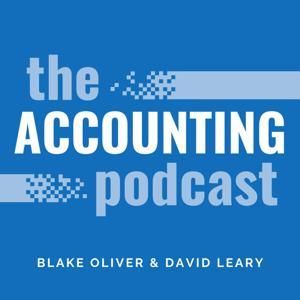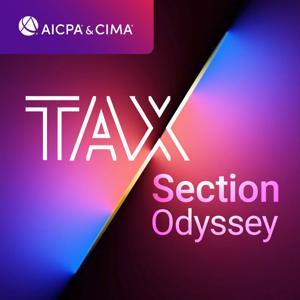This episode of the JofA podcast explores Accounting Opportunities Experience month, a growing nationwide program to inspire students to pursue accounting careers.
Liz Burkhalter, the AICPA's vice president–CPA Pipeline, shares how CPAs and volunteers are working to reach 50,000 students through classroom visits and events. She also mentioned resources that can help listeners who want to volunteer.
n Specific CPA Pipeline resources for student outreach
n This Way To CPA home page
n Burkhalter's June appearance on the JofA podcast
n The Next Stop: CPA podcast
Scott Spiegel, CPA/CITP, CGMA, the chief operating officer of the Association of International Certified Professional Accountants, discusses his return to Rutgers University and why real-world stories can expose students to the diverse opportunities in the profession.
What you'll learn from this episode:
- The history and growth of Accounting Opportunities Experience month.
- Burkhalter's summary of participation numbers last year and goals for this year.
- Resources for accountants interested in speaking to students.
- Spiegel's motivation for making campus visits.
- The common questions and misconceptions he hears when talking to students.
- The importance of in-person outreach and storytelling.




































